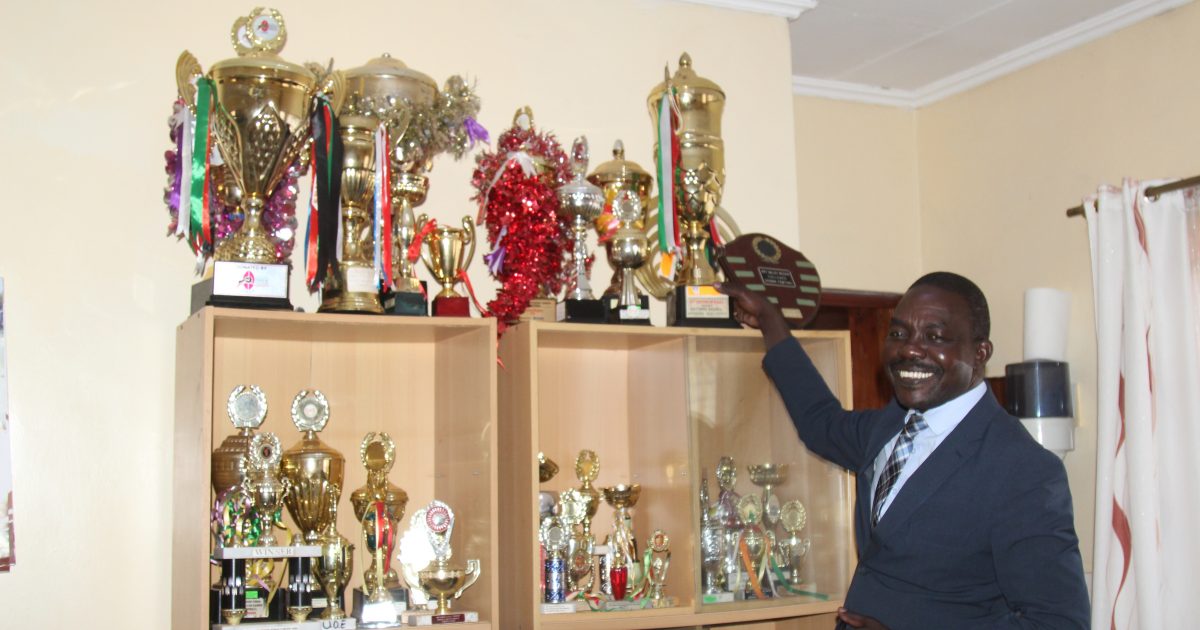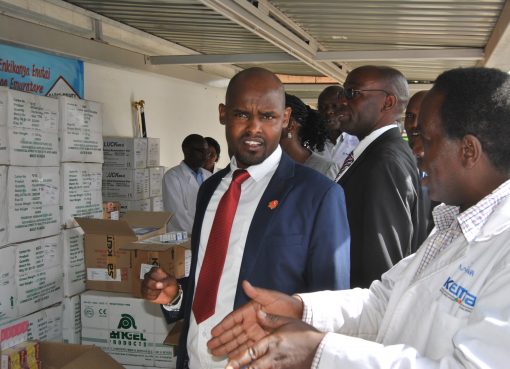Kitale National Polytechnic emerged the winner in the 11th science and innovation competition held at the Kiptargon Technical training institute in Nakuru County.
The Trans Nzoia County based institution scooped awards in six out of the 12 categories competed in the exhibition where it scooped the first position in the food and beverage category with the Manga melting point.
“An automotive counter and room light control which detects how many people get in and out of a room at any given moment and after that it shuts took position one in the electronic category,” said Head of Department Research and Innovations at the Polytechnic Mr Tom Oswago.
A seven-day changer decker paper took the first position in the Clothing and Textile Category, the KNP sanitizer won in the Applied Science Category while a 4 in one Covid 19 furniture took position two and position one in record categories.
“The winning categories will proceed to the national event which is slated for May. We call on sponsors and the authorities to develop policies that will guide the running and commercialization of the innovations,” he said.
Oswago cited the commercialization hurdle as a big setback to innovations by students in the institutions which hampers their development through incubation which is part of the Vision 2030.
“That is why we are asking the Ministry of Education to put in place a policy that will help the various institutions to commercialize their innovations saying research and innovation is the way to go if the country needs to achieve the vision 2030,” he said.
Kitale National Polytechnic Principal Mr John Otieno Akola, said the institution has been doing very well in the field of research and academics, and is now investing in the promotion of innovation and creativity among its trainees.
Otieno called on the qualified youth to join the polytechnic to acquire technical skills in various fields so that they can set up their own entrepreneurial ventures that don’t rely on formal employment.
“We are partnering with the Canadian and German governments so that they support the co-operative programme where 50% of the training is class-based and 50% is industry-based. This is one of the best methods of training to address the mismatch between what the industry wants and what we train,” he said.
By Kosuri Valarie




